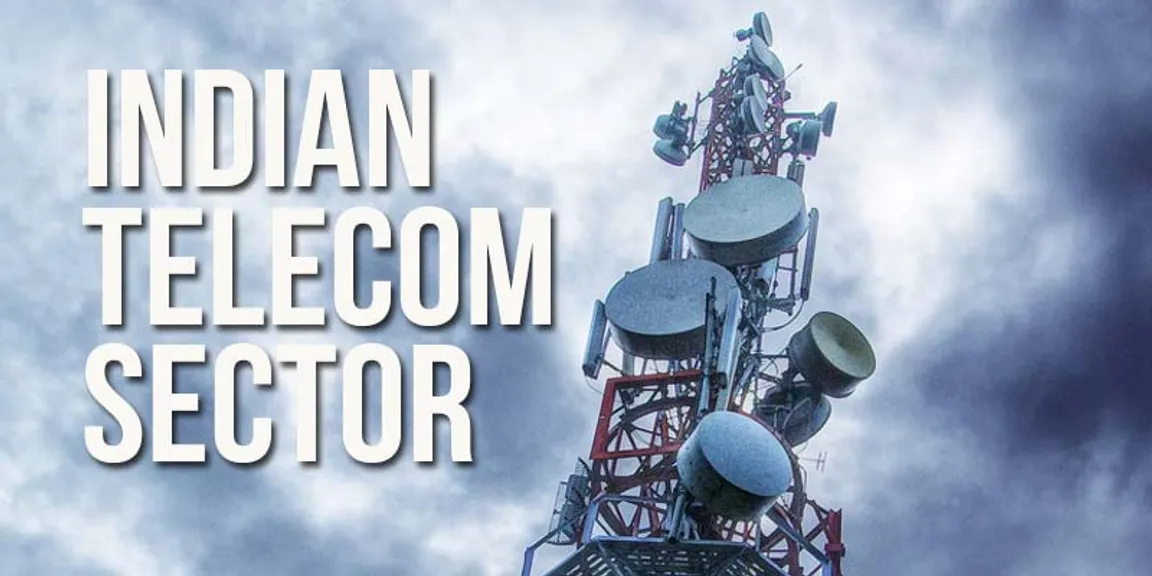Elon Musk’s Starlink Faces Tough Resistance From Ambani To Mark Their Entry Into Indian Lands.
Musk stated that during a meeting with PM Narendra Modi in the United States, he was eager to launch Starlink in India, which "can be incredibly helpful" in remote regions with no internet or low-speed connections.

Elon Musk is keen to extend his satellite broadband service Starlink to India. However, the world’s richest man is up against Mukesh Ambani, Asia’s richest man and the CEO of Indian telecom giant Reliance Jio.
Musk stated that during a meeting with PM Narendra Modi in the United States, he was eager to launch Starlink in India, which “can be incredibly helpful” in remote regions with no internet or low-speed connections.
He didn’t say that Starlink is at conflict with Ambani’s Reliance over the government’s allotment of satellite broadband spectrum, setting up a struggle between two of the world’s wealthiest men for satellite services in the world’s most populated country.
Starlink is pressing India not to auction the spectrum but instead, issue licences in accordance with global trends, claiming that it is a natural resource that enterprises should share. An auction might impose geographical limits, raising expenses, according to corporate letters made public by the Indian government this month.

Reliance disagrees and has requested an auction in a public filing to the government, claiming that foreign satellite service providers might offer voice and data services and compete with established telecom firms, so an auction is required to ensure a fair playing field. In a hint of escalating rivalry, an industry source with direct information stated that Reliance will continue pressuring the Indian government to auction satellite spectrum rather than comply with international businesses’ demands.
Musk’s stakes are considerable. His will comes after a failed 2021 attempt to establish Starlink in India due to accepting bookings without a licence, and just as he is in discussions with India to put up a Tesla plant. Keeping foreign competition at bay in satellite broadband will be another shot in the arm for Ambani, whose Reliance Jio already has 439 million cellular customers, making it the market leader, and 8 million wired broadband connections, or a 25% market share. Starlink’s perspective on auctions is shared by Amazon’s satellite internet venture, Project Kuiper, and the British government-backed OneWeb.
Licencing Vs. Auction.
According to India’s Koan Advisory, 48 of the 64 responses from enterprises, industry groups, and others to India’s public consultation on satellite spectrum preferred licencing, 12 voted for an auction, and the remainder were neutral.
According to a second industry source, Reliance worries that opening the floodgates to established overseas competitors like Starlink without an auction will allow them “runaway success” like Amazon, hurting Indian enterprises and creating an unbalanced playing field.
Ambani’s Reliance Retail has competed with Amazon, although it is behind the American competitor in e-commerce market share. According to Deloitte, India’s satellite broadband service industry would rise 36% annually to $1.9 billion by 2030.

Starlink claims to be licenced in 84 administrations worldwide and to have 1.5 million active consumers of their low-latency broadband services. Amazon intends to build its first satellite constellation in 2024.
According to one of the sources, an Indian counsel to a foreign company, global satellite internet corporations are afraid that an auction by India will increase the chances of other nations following suit, boosting prices and investments. If India decides to arrange an auction, OneWeb would find it difficult to do business in the nation. Another source added that Starlink is waiting for clarification on India’s spectrum allotment before finalising its commercial plan.
According to Tim Farrar, an analyst at the US-based consultancy TMF Associates, it would establish a “bad precedent” for Starlink to pay a hefty auction fee in India while receiving low-cost licences in many other countries. He anticipates that Starlink would make high-profile free offerings overseas to illustrate what India may be losing out on, a move to challenge the dominance of JIO.
Conclusion.
People believe that while a licence lowers the barrier to entry, it might result in inadequate offerings by smaller businesses, especially when the public wants a fair and highly efficient network for all. Although auctions may practically guarantee acceptable performance at cheap costs and considerable competition, it appears that natural resources should not be auctioned.

Jio has increased its market share by undercutting Vodafone and Idea. Its saturation point has been achieved. While Starlink is set to penetrate rural India, it must recognise its limitations.



